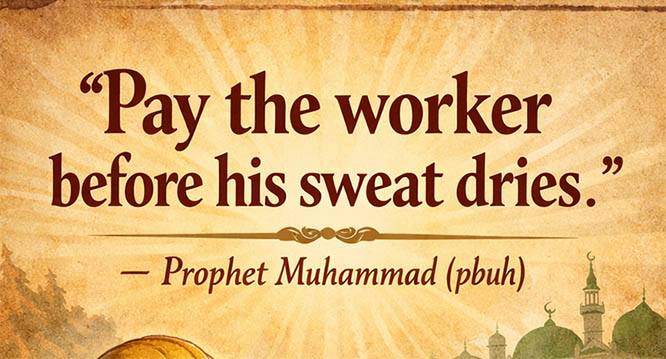New Delhi, Jul 28: The government today reached out to leaders of several opposition parties, including Congress and Samajwadi Party, over the contentious GST Bill which is likely to be taken up by the Rajya Sabha next week.

"Talks are on with various parties on GST," a senior government functionary said.
The sources said Jaitley met Leader of Opposition in the Rajya Sabha Ghulam Nabi Azad and former Finance Minister P Chidambaram in the Central Hall of Parliament. He also met the deputy leader of Congress in Rajya Sabha, Anand Sharma.
Besides, Jaitley met SP leader Ram Gopal Yadav and CPI(M) general secretary Sitaram Yechury.
Prime Minister Narendra Modi also held discussions with Yadav when the Rajya Sabha was adjourned briefly during the Question Hour. Modi remained seated in the House during the brief adjournment and spoke to Yadav and another SP member Neeraj Shekhar.
The Business Advisory Committee of the Rajya Sabha will meet at 4 PM to discuss the agenda for the coming week.
The government is working to address the concerns raised by opposition parties, including Congress, on the Constitution (122nd Amendment) Bill, known as the Goods and Services Tax (GST) Bill.
The Bill seeks to introduce a system for uniform taxation across the country and has been pending for a long time.








Comments
Add new comment